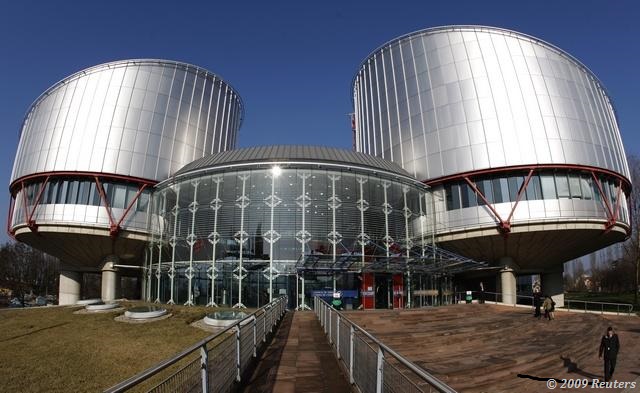On 25 August 2022, the European Court of Human Rights (ECtHR) gave its judgment on the case W.O. and others v. Hungary (application no. 36896/18). The case concerned the detention of an Afghan family with two minor children who stayed at transit zone at the border of Hungary and Serbia between 23 April and 19 November 2018. Apart from general conditions in the transit zone that were already the subject of the Court’s judgment in the case R.R. and Others v. Hungary, it was indicated that the first and the third applicant had suffered from medical problems related to, inter alia, their past domestic abuse and distress due to their living conditions. Moreover, during the stay in the deportation section, the second applicant was not receiving food. The applicants complained that poor conditions both in the family section and the deportation section violated Articles 3 and 8 of the Convention. Due to the lack of an effective remedy available to the applicants, Article 13 in conjunction with Articles 3 and 8 was invoked. Moreover, the applicants claimed the violation of their liberty and security by unlawful detention that resulted in a violation of Article 5(1) and (4) of the Convention.
It was emphasised that the family spent almost seven months in detention. The applicant children were only one and three years old and the conditions and constraints they experienced during the confinement caused them psychological suffering and had harmful consequences on their well-being. With respect to adult applicants, the Court noted that their situation was also aggravated by the fact that they were staying in the transit zone over the whole summer while being accommodated in a container that was exposed to the sun and lacked proper ventilation. The Court pointed out the individual circumstances of each applicant emphasising that the first applicant was particularly vulnerable as she suffered from mental health problems and was subjected to significant psychological suffering. With regards to the second applicant, the interim measure under Rule 39 of the Rules of Court was applied indicating that the Government has to provide him with food during his stay in the deportation section. In addition, it was highlighted by the Court that the authorities failed to have due regard to the state of dependency in which the second applicant lived during this period.
In light of the foregoing, the Court recognised the violation of Article 3 of the Convention, confirming that the applicants were subjected to the treatment which exceeded the threshold of severity required to engage Article 3 ECHR. While considering the case, the Court relied on the general principles regarding the confinement and living conditions described in R.R. and Others noting that there is nothing suggesting that the conditions in the transit zone had significantly changed in the meantime. In the light of its findings in R.R. and Others, regarding the violation of Article 5(1) and (4) of the Convention, the Court came to the conclusion that the applicants’ stay for almost seven months in the transit zone amounted to a de facto deprivation of liberty. The Court subsequently decided that there was no need to examine separately the admissibility and merits of the complaints regarding the right to family life and the availability of effective remedies in the meaning of Article 13 in conjunction with Articles 3 and 8 of the Convention.

